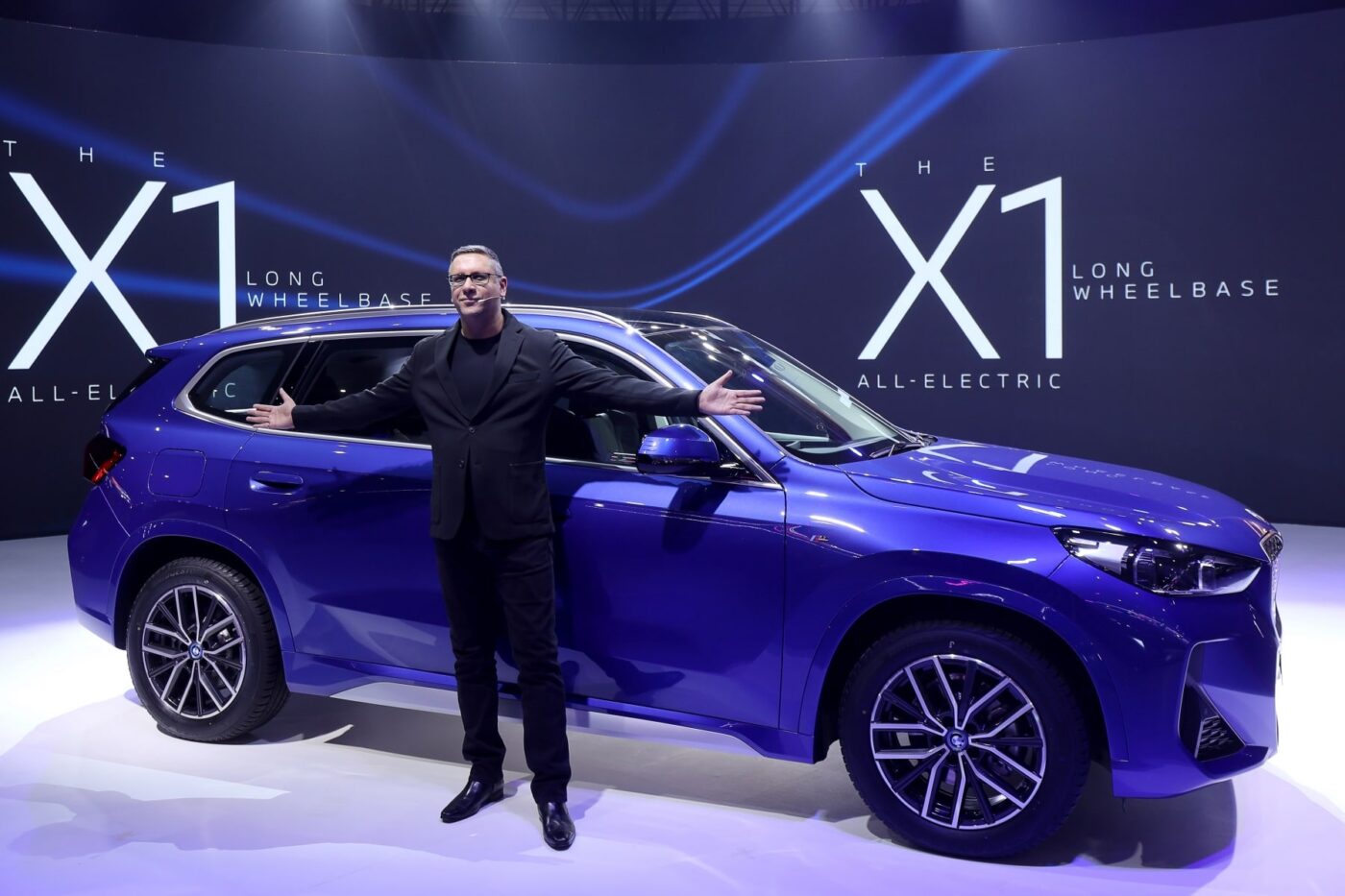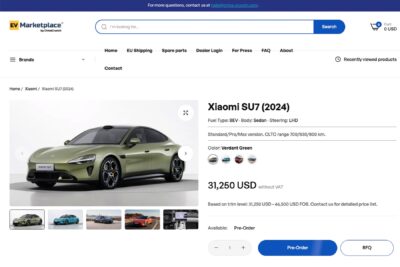India tax panel backs higher levies on luxury EVs
According to Reuters, the panel proposes raising the goods and services tax (GST) on EVs priced between 2 million and 4 million rupees (€19,500–€39,000) from 5% to 18%, and applying a 28% rate on vehicles above €39,000. The rationale is that these vehicles serve the “upper segment” of society and are largely imported rather than produced domestically.
The GST Council, which includes the federal finance minister and state representatives, will review the proposals this week and holds the final authority. India’s government has also scrapped the 28% category for some goods, leaving the council discretion to place luxury EVs either in the new 40% category for premium items or at 18%.
India’s EV market remains small. The advisory notes that the low 5% rate is designed to encourage EV adoption, while signalling that higher-priced models can carry higher levies. “The uptake of electric vehicles is increasing and while the low rate of 5% is to incentivise faster adoption, it is also important to signal that higher-priced EVs can be taxed at higher rates,” Reuters quotes from the panel’s recommendations.
Domestic manufacturers such as Tata Motors and Mahindra could be affected, but few of their models exceed 2 million rupees. Tata told Reuters that it is “imperative” to retain the current GST to avoid slowing EV uptake in India. BMW India warned that an increase “can derail the vision of high electric adoption and local production.” Mercedes-Benz India said the rise would mainly impact entry-level luxury EVs, with top-end models less affected.
Imported luxury EVs are likely to be hit harder. Tesla’s Model Y, launched in India at 6,107,190 rupees (approx. €60,900), would face a substantial tax increase on top of import tariffs of roughly 100%, further raising the vehicle cost. BMW, Mercedes-Benz and BYD also sell high-end EVs in India that fall within the proposed bands.
Earlier this year, India introduced a scheme to promote local manufacturing of electric vehicles. As Reuters notes, the panel’s recommendations highlight the tension between fiscal policy, domestic manufacturing incentives and EV adoption goals, particularly for imported luxury models.





0 Comments